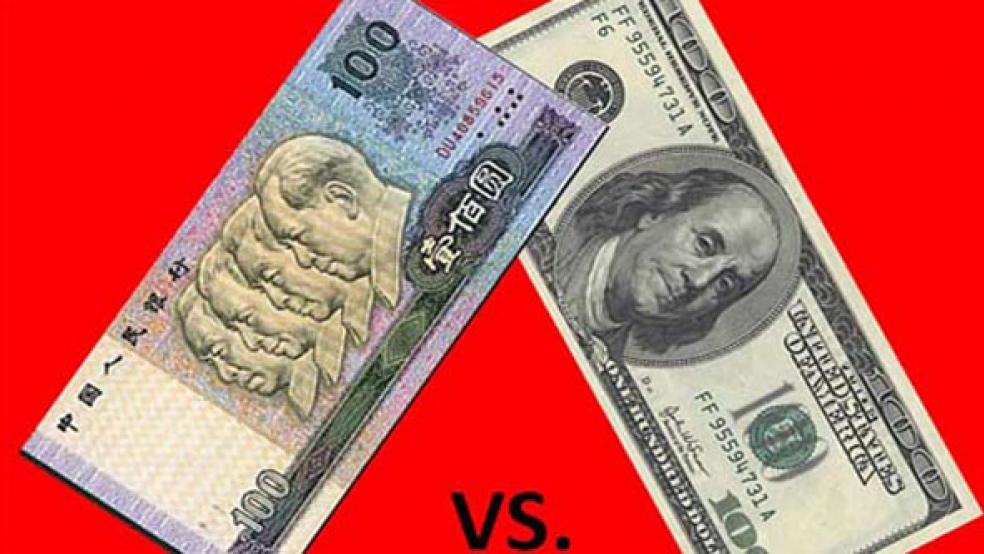On his way out the door, Treasury Secretary Jack Lew on Tuesday warned the incoming Trump administration of the high global risks of launching a trade war against China, Mexico and other economic rivals with an aggressive tariff policy.
Republican President-elect Donald Trump has been rattling China’s cage for months, complaining about that country’s alleged currency manipulation that hurts U.S. exports and helped produce a U.S. trade deficit of $45.2 billion late last year. Trump has threatened to slap tariffs as high as 45 percent on imported goods from China and Mexico unless those countries discontinue trade practices that Trump claims have cost millions of jobs in this country.
Related: How China Can Fight Trump's Trade Policies
In what amounted to his farewell address before Trump is sworn in on Friday, the outgoing Democratic Treasury Secretary said that a ramp-up in tariffs and other protectionist measures would invariably slow economic growth throughout the world. The International Monetary Fund on Monday issued its latest World Economic Outlook forecasts projecting global growth at 3.4 percent in 2017 and 3.6 percent in 2018, projected rates unchanged from October’s report.
Lew also said during an appearance on CNBC’s “Squawk on the Street” that free trade is essential both to the U.S. economy and helping to foster a more peaceful world – if that’s possible.
“If we were to see, around the world, a proliferation of new barriers, what we'd see is a lessening, a slowing down, of global growth,” Lew said, according to The Hill.
Lew, a veteran of the Clinton and Obama administrations, warned of the dangers of jettisoning free trade negotiations and tearing up long-standing trade agreements. He noted that President Obama had insisted over the years on extracting high labor and environmental standards in other countries as part of any trade deal.
Related: A New Risk for US Businesses: Being Called Out by Trump
"That's the way to approach trade, not by just erecting barriers, either tariff or non-tariff barriers," Lew said.
Meanwhile, Chinese President Xi Jinping used an appearance at the World Economic Forum in Davos, Switzerland, yesterday to vigorously defend free trade and stress Beijing’s desire to play a more prominent global role, according to Reuters.
Xi said during the gathering of political leaders, including Vice President Joe Biden, corporate CEOs and bankers, that it is highly risky for a country to blindly pursue its national interest ahead of all other concerns, in an apparent reference to Trump’s “America First” creed.
The Chinese leader compared protectionism to “locking oneself in a dark room” as a defense against danger, only to cut off “all light and air,” according to the news reports. “No one will emerge as a winner in a trade war,” Xi said in a nearly hour-long speech in a massive conference hall.
Related: Why the Debt Limit Is the Next Threat to the US Economy
Notably, Xi disputed Trump’s claim that Beijing has repeatedly enhanced its trade competitiveness by weakening the yuan in relationship to the U.S. dollar – something Trump has repeatedly complained about. Xi also urged the U.S. and other signatories to an historic climate change agreement reached in Paris a year ago to stand by the deal.
Trump vowed during the campaign to label China a currency manipulator shortly after he took office as president. However, in an interview with The Wall Street Journal last Friday, the President-elect said that he wouldn’t take that action on his first day in office. “I would talk to them first,” he said.
As for the international climate change pact, Trump is a skeptic about global warming and has been non-committal on whether he would stand by the deal negotiated by the Obama administration or pull out of it.





